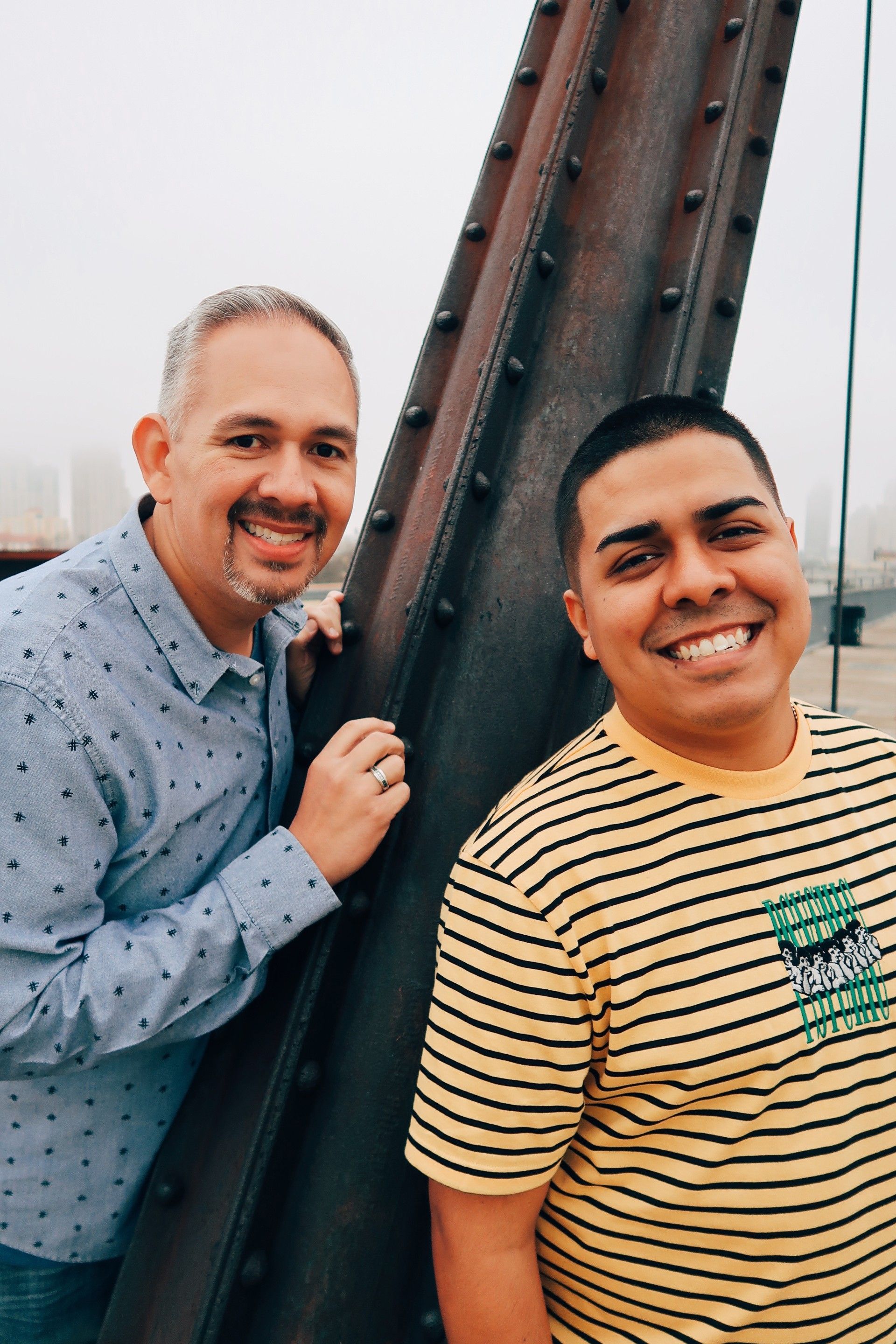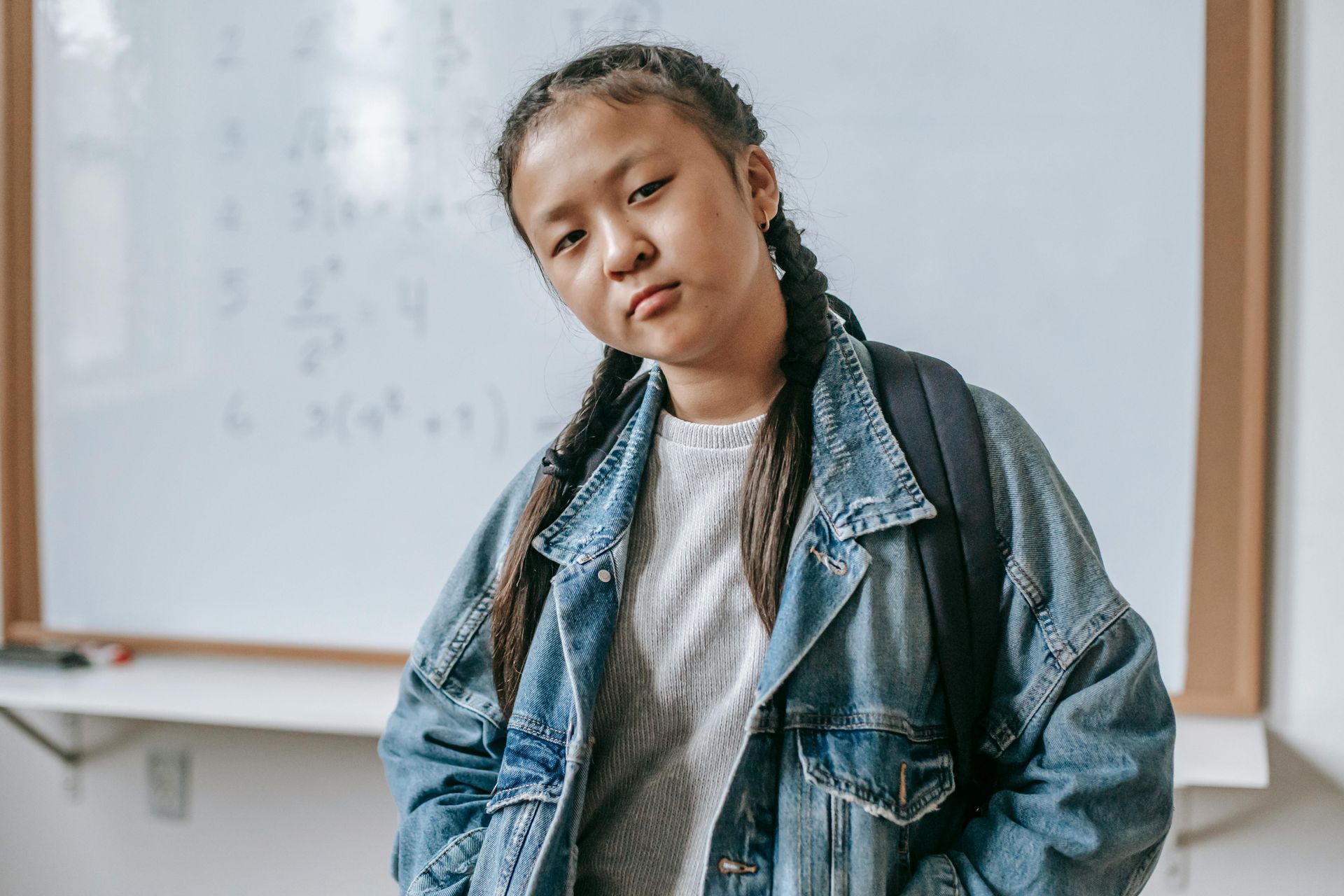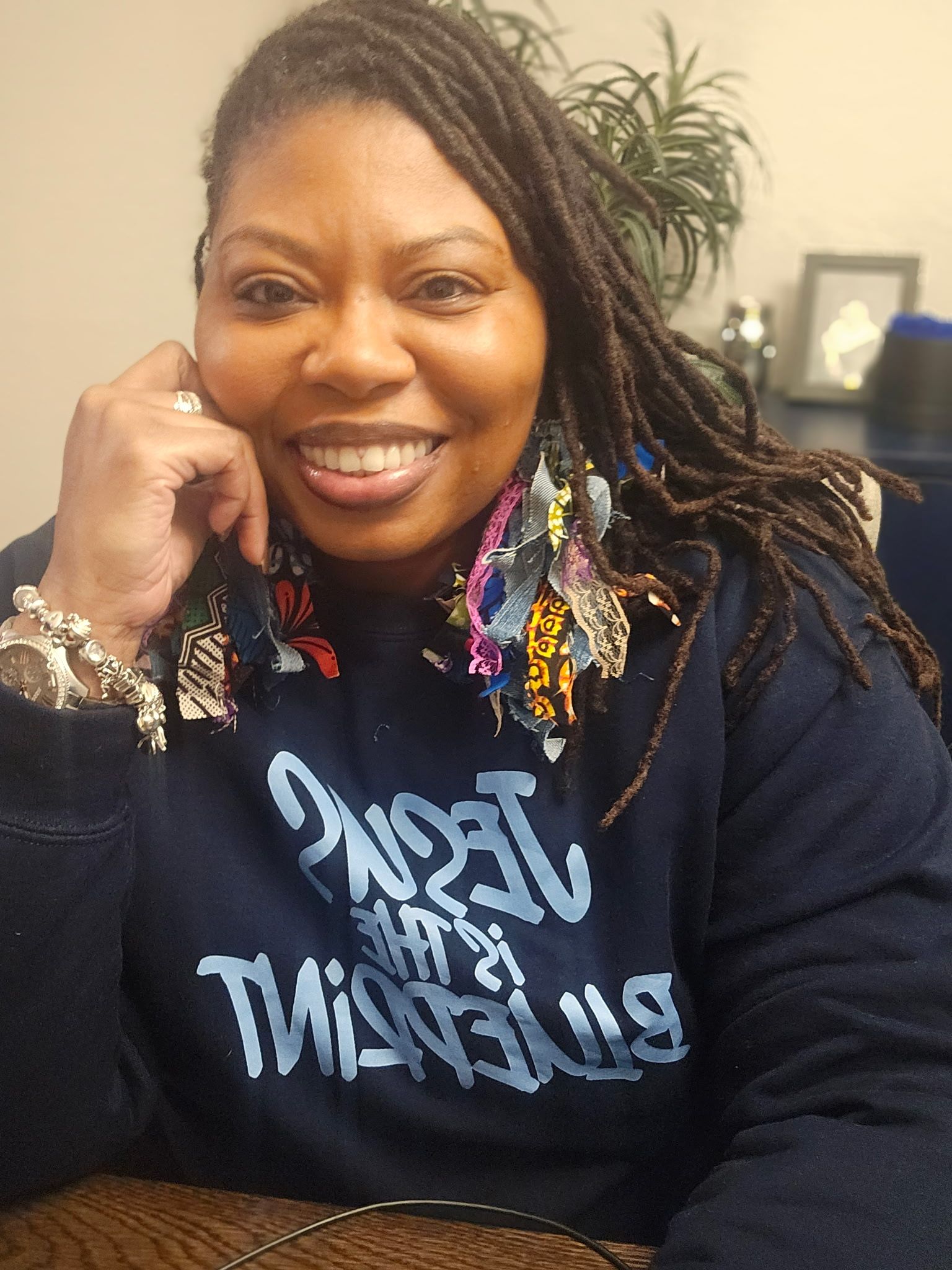May Advocate Spotlight
Mark Ramos and Juan Villarreal

1. How long have you been an Advocate and when did you realize you wanted to become one?
“I (Juan) became a CASA in January 2020. I was inspired to volunteer after learning about the CASA organization and its mission on the Texicanas TV show. In the last four years, I’ve had the opportunity to advocate for seventeen children, whose ages range between 0-16, on nine cases.”
“I (Mark) have been an advocate since April 2023. Seeing my husband as an advocate inspired me to become one. I witnessed him receive the Judge Sakai award after hearing about all his hard work as an advocate. Hearing the stories of other advocates including my husband that day encouraged me to become one. I was very excited to learn how to advocate for children who aren’t able to advocate for themselves.”
2. What is the most rewarding aspect of being an advocate?
“The aspects we both view as most rewarding are the bonds we build and the progress the children make along the way. The children are always excited to see us or get a call. Towards the end of our visits, they’re always excited to make plans for the next visit.”
“We also enjoy sibling visits. Sometimes the kids may not see each other for several weeks or months. When we can make those visits happen, it’s rewarding to witness the happiness and love the siblings share with each other.”
3. If you could offer some words of encouragement to your fellow and incoming Advocates, what would they be?
“There will be speed bumps throughout the case — it’s normal. There will be some difficult days, but mostly successful and productive days. Document as much as possible, as soon as possible. Refer to your Optima notes when preparing your Court Reports. Don’t be afraid to ask for help from your CASA Supervisor. Always remember why you became an Advocate.”








